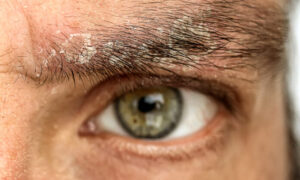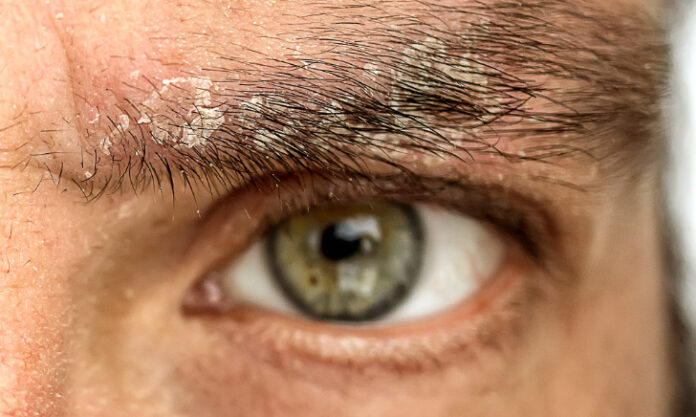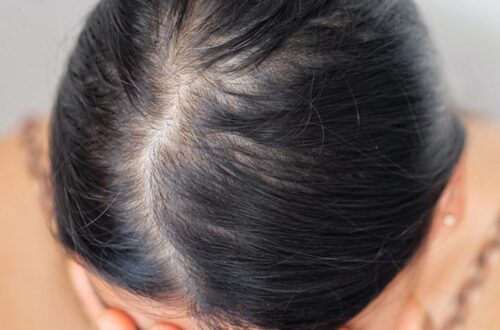Dandruff: Causes and Remedies
Dandruff, those pesky flakes of dead skin that appear on the scalp, can be an irritating and embarrassing issue for many individuals. There are several reasons why dandruff occurs, and understanding these factors can help in effectively addressing and preventing its occurrence.

Causes of Dandruff:
Dry Skin: One common cause of dandruff is dry skin. When the skin on the scalp becomes excessively dry, it tends to flake off, resulting in dandruff. This is often exacerbated during winter when the air is dry and lacks moisture.
Seborrheic Dermatitis: This is a more severe form of dandruff, characterized. By red, oily skin covered with white or yellowish scales. It is caused by an overgrowth of a yeast called Malassezia, which is naturally present on the skin.
Not Cleaning Hair Regularly: Infrequent hair washing can lead to the accumulation of oils and dead skin cells on the scalp, creating an environment conducive to dandruff development.
Certain Skin Conditions: Individuals with certain skin conditions, such as psoriasis or eczema, may experience dan-druff as a symptom.
Reaction to Hair Care Products: Some people may develop dan-druff as a reaction to certain hair care products, especially those with harsh chemicals that irritate the scalp.
How to Get Rid of Dandruff:

Use a Medicated Shampoo: Choose a medicated anti-dandruff shampoo containing ingredients like zinc pyrithione, salicylic acid, ketoconazole, or selenium sulfide. Use it regularly to control the growth of the yeast causing dan-druff.
Maintain Good Hygiene: Wash your hair regularly to prevent the accumulation of oils and dead skin cells. However, avoid excessive washing, as it may lead to a dry scalp.
Moisturize the Scalp: If dry skin is the culprit, use a mild, moisturizing shampoo and conditioner to keep the scalp hydrated. Consider using a natural oil treatment, such as coconut oil, to nourish the scalp.
Avoid Harsh Hair Products: Opt for gentle, hypoallergenic hair care products to avoid irritation. Check the ingredients list for potential irritants.
Manage Stress: Stress can contribute to dandruff, so practice stress-reduction techniques such as meditation, yoga, or regular exercise.
Balanced Diet: Ensure a diet rich in vitamins and minerals, especially those with anti-inflammatory properties. Omega-3 fatty acids found in fish and flaxseed may help improve the overall health of the scalp.
If dan-druff persists despite these efforts, it is advisable to consult with a dermatologist for a more personalized and targeted treatment plan. Remember, consistent and appropriate care is key to keeping dan-druff’ at bay.





